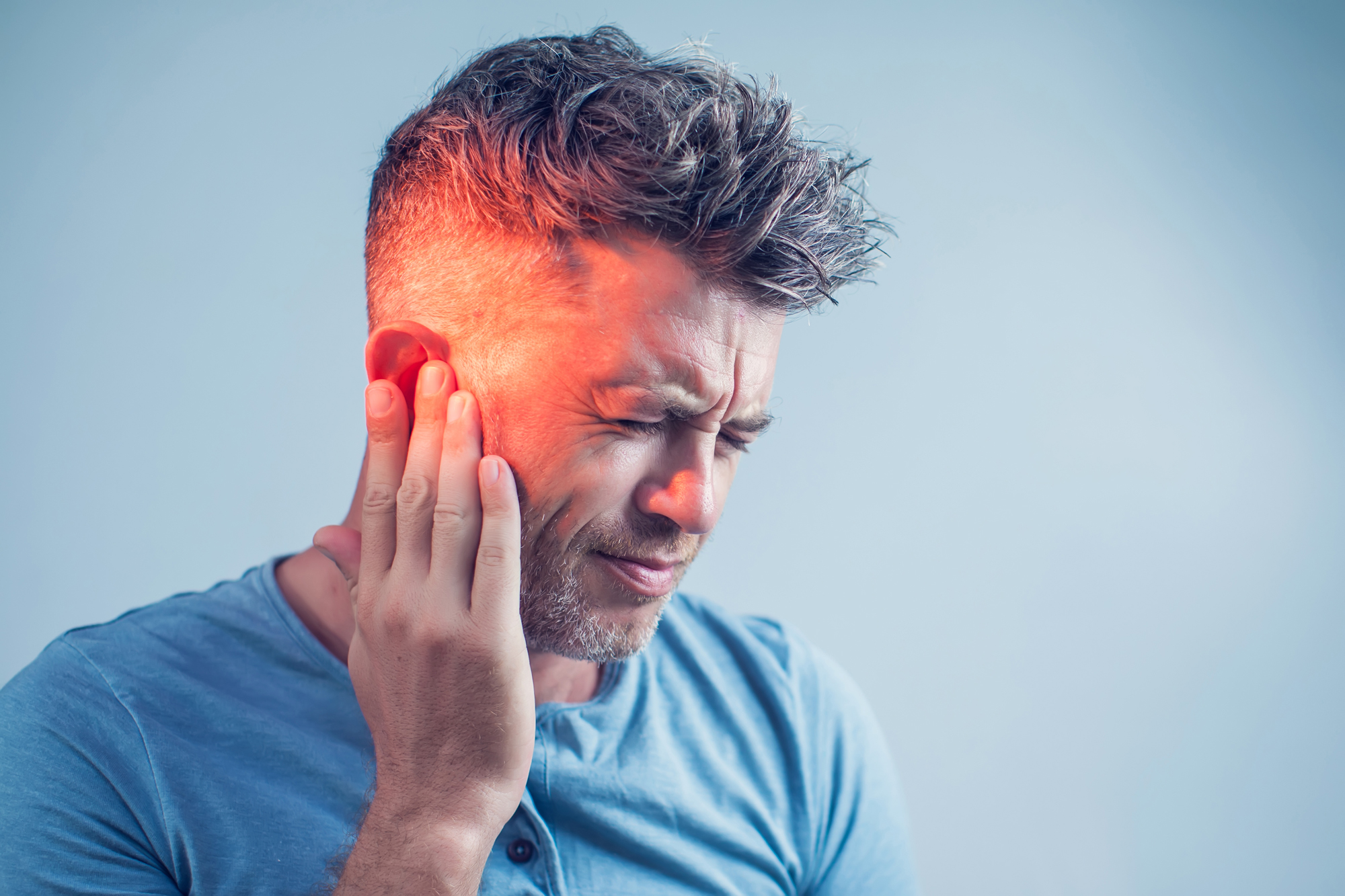Most ear infections occur when a bacterial, viral or fungal infection affects the eustachian tubes in the middle ear (the sections of the ear just behind the eardrum) causing them to become swollen or blocked. These tiny tubes run between the middle ear and the upper throat. Ear infections can also affect different parts of the ear, including the outer ear and inner ear.
Though adults can also experience an ear infection, children (aged 2-4) are most susceptible to ear infection causes because their immune systems are less developed and their tubes are shorter, narrower and more horizontal. In fact, 5 out of 6 children will experience an ear infection by the time they are 3 years old.
Common ear infection causes
Common ear infection causes and risk factors include:
- Allergies
The release of histamines can cause inflammation of the mucus membranes lining the nasal cavities and ears. This inflammation can result in blockage in the ears, which prevents fluid or mucus from draining away. This buildup increases the risk of infection and ear pain. - Colds
A stuffy or runny nose can irritate the lining of your middle ear, cause fluid to accumulate and block the eustachian tube, all of which puts pressure on the eardrum, causing inflammation and pain. - Sinus infections
Any condition that affects your sinuses can lead to ear congestion because fluid becomes trapped in the ear behind the eardrum. - Excess mucus
Excess mucus in the ear, nose and throat can get trapped in the middle ear. When this happens, bacteria and viruses can grow and cause an ear infection. - Exposure to cigarette smoke
Smoking weakens the immune system and damages the tissues in the nose and throat, making them more susceptible to infections that affect the ears. - Infected or swollen adenoids (tissue near the tonsils that trap harmful bacteria and viruses)
Infections of the adenoids can spread to the ears and cause middle ear infections and affect hearing.
Common ear infection symptoms
Ear infection symptoms differ depending on which part of the ear is infected. Common symptoms of ear infections include:
Inner ear
- Dizziness
- Earache or pain
- Issues with balance
- Trouble hearing
- Ringing in the ear
- Spinning sensation
Middle ear
- Ear pain
- Loss of appetite
- Vertigo
- Headache
- Nasal congestion
- Nausea
Outer ear
- Ear pain
- Itching
- Discharge from the ear
- Trouble hearing
- Full feeling in the ear
- Red or swollen ear canal
How to treat an ear infection at home
The good news is most ear infections go away on their own and do not require medical attention. Here are some at-home treatments that are safe and may help alleviate symptoms of pain and swelling:
- A cool or warm compress
Try both temperatures to see if one helps alleviate pain more than the other. - A heating pad
Lay your painful ear directly on a warm (not hot) heating pad. - Over-the-counter ear drops with pain relievers
Follow the instructions on the bottle for temporary relief from pain and discomfort. Do not use drops if your eardrum has a tear or hole (check with your doctor first). - Over-the-counter pain medication
Get temporary pain relief with acetaminophen, ibuprofen or naproxen. - Chew gum
Try this while flying, driving or walking at high altitudes, as it can help lower the pressure in your ears and ease your symptoms. - Sleep upright
Encourage fluid to drain from your ear by sleeping in an upright position. This will help ease pain and pressure in your middle ear.
If you think you have an ear infection, and at-home remedies have not improved your symptoms within 3 days, visit your local urgent care for diagnosis and treatment. Thibodaux Regional Urgent Care – Houma will examine your ears, measure the fluid buildup, test the eardrum movement, and prescribe the appropriate type and dose of medication to provide fast relief (depending on the kind and severity of your ear infection). We welcome walk-in appointments 7 days a week from 9 a.m. – 8 p.m.

